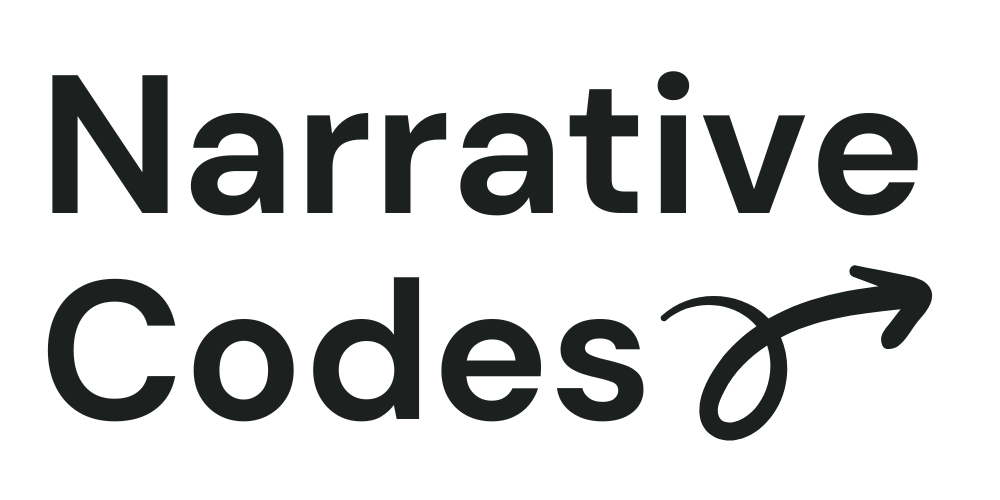Stories are full of articulate characters. A while ago, I was rewatching Suits, the renowned legal drama set in New York City. Every time I watch an episode, I am shocked by the sheer speed and precision of the arguments and comments of the lawyers. Every time Harvey Specter and Jessica Pearson engage in a discussion, their wit and proficiency with words blows my mind.
James Bond possesses the same skills. He is well-known for his sharp jokes and dead-on remarks. On top of that, he understands and speaks many languages. Hannibal Lecter, from The Silence of the Lambs, is also disturbingly articulate, wielding this skill to manipulate those around him. They all perfectly convey what they intend, without any filler words or unnecessary divagations. And somehow, although we know these characters use scripted lines and are fictional, we are deeply impressed by them.
Why we want to be articulate

It is no coincidence that we are drawn to those that demonstrate adeptness and precision in their speech. In my previous post on magic, I alluded to the articulation aspect of performing magic in Harry Potter. The wizard and witches in Hogwarts need to properly articulate the charm they intend to conjure, or it fails miserably.
In stories, magic represents transformation as it links us to the transcendent. It bridges the gap between what we know and what we don’t, adding meaning to our lives. So, in order to grow and live purposefully, we need to verbalize our intentions accordingly. We have to precisely conceptualize what we want and strategize a path toward that desired goal. We know this intuitively, which explains our appeal for articulate characters.
There are many benefits to being articulate. Others take you more seriously. You are able to successfully negotiate a raise with your boss. You become better at selling yourself and your ideas. You are perceived as funnier and more competent, which makes you more attractive. You can effectively advocate for your family or employees. Just see what Harvey Specter achieves with his words. If you have the ability to speak fluently, clearly and coherently, more of the world and its opportunities will be available to you.
How to become articulate
The process of becoming articulate spans your entire life and it is not something we learn overnight. However, there are clear ways to improve our expression and delivery.
Writing is a particular potent way to improve your speech, something psychologist Jordan Peterson often emphasizes. Just write an article on any subject that you find interesting. The word “article” itself, derived from the Latin “articulus” (meaning a joint or segment), offers a clue to its importance. Just as joints allow for fluid movement, an article—a distinct piece of writing—enables the smooth flow of ideas.
By crafting an article, you practice the art of connecting thoughts clearly and effectively. This practice mirrors the essence of being articulate—another word rooted in “articulus”—which involves joining words together in a coherent manner. Through writing, you refine your ability to express ideas distinctly.
To produce a meaningful piece of writing, you have to acquire knowledge on what you are writing or speaking about. You can do this by reading books, but listening to podcasts or seriously conversing with friends are fine alternatives too. Try to expose yourself to articulate individuals. Mike Ross memorizes numerous legal handbooks and documents before he dares to utter anything about legal matters.
Improve your vocabulary and refine your word choice. Think properly before you say something and choose your words carefully. There are various apps available to broaden the pool of words you can tap from. Thesaurus.com is a particularly helpful website to learn about the meaning and relationships between words.
From writing to speaking

I often experience a sense of inertia when speaking compared to when I write. Words don’t come as easy and I am generally less fluent.
A surprisingly effective practice I learned about is to host your own podcast. Every week, sit down alone for an hour or so to simply talk about the things that occupy your mind, and record it. You can decide to share the podcast or keep it to yourself. This process forces you to articulate your thoughts out loud, gradually training your brain to become more comfortable and agile in spoken communication.
Over time, you’ll likely notice that expressing yourself verbally becomes more effortless and natural. On top, you can analyze your tone of voice, expressiveness, and choice of words and track your improvements over time.
A world of opportunities
Words are, in a sense, creators of reality. They hold the power to shape our thoughts, emotions and our perception of the world. Our inner dialogue, the stories we tell ourselves, become our reality.
A rich vocabulary is also the key to unlocking a rich inner life. The more words we have at our disposal, the more nuanced our understanding of our own emotions and experiences becomes. Without the language to describe the subtle shades of our feelings, those feelings remain elusive and unexpressed.
The path to articulation is a lifelong journey, but it’s one well worth taking. By honing your ability to express yourself clearly and effectively, you seize control of your own story. Simply put, precise articulation is the vital ingredient for materializing your transcendent potential. Each day, work on your articulation. Write about something that bothers you. Record that podcast. Start your morning by learning a new word. The results—and the process—will astound you.
All images on this page are copyrighted by USA Network Media, LLC and are used here for illustrative purposes under fair use. No infringement intended.


